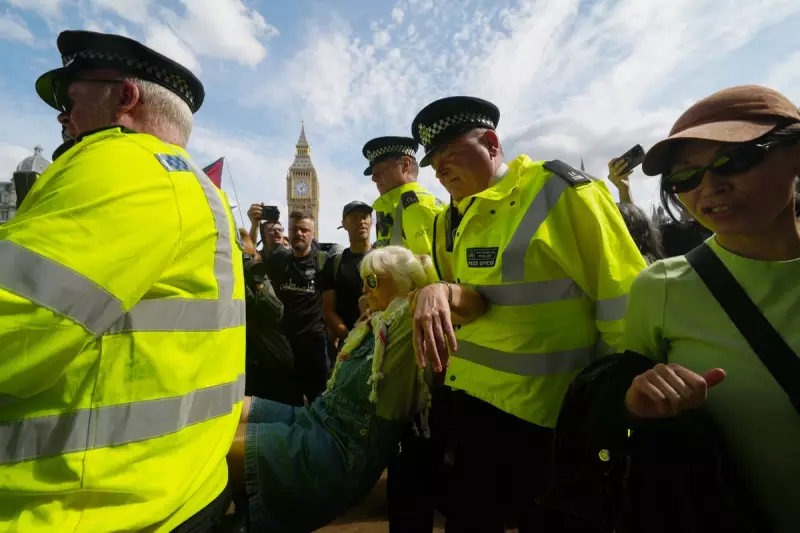
The Metropolitan Police has been dealt a significant legal blow after the High Court ruled its decision to ban a ceasefire protest in Parliament Square was unlawful and a clear error in judgment.
In a damning verdict, the court found that Assistant Commissioner Matt Twist's order to prohibit the demonstration on February 17th violated fundamental rights to free speech and assembly. The protest, organised by the group Stop the War, was planned to call for an immediate ceasefire in Gaza.
What Did the High Court Rule?
Mrs Justice Thornton, presiding over the case, delivered a scathing assessment of the police's actions. Her judgment highlighted that the Met's decision was based on an unjustifiably broad interpretation of the Serious Disruption Prevention Orders.
The court found that the police had:
- Misapplied their powers under the Public Order Act 1986
- Failed to provide adequate evidence of potential serious disruption
- Infringed upon the right to peaceful protest protected by the European Convention on Human Rights
Why This Ruling Matters for Civil Liberties
This landmark decision comes at a critical time for policing and protest rights in the UK. The ruling reinforces that peaceful demonstration in democratic spaces like Parliament Square must be protected, not prevented without compelling evidence of imminent harm or disruption.
Legal experts suggest this judgment will have far-reaching implications for how police forces across England and Wales handle future protests, particularly those concerning international conflicts and political dissent.
Metropolitan Police Response
Commissioner Sir Mark Rowley's force has acknowledged the ruling, stating they will "carefully consider the judgment and its implications." However, this legal defeat adds to growing scrutiny of the Met's approach to protest management under Rowley's leadership.
The ruling represents another challenge for a force already grappling with public trust issues and ongoing reforms following various scandals and critical reports.





